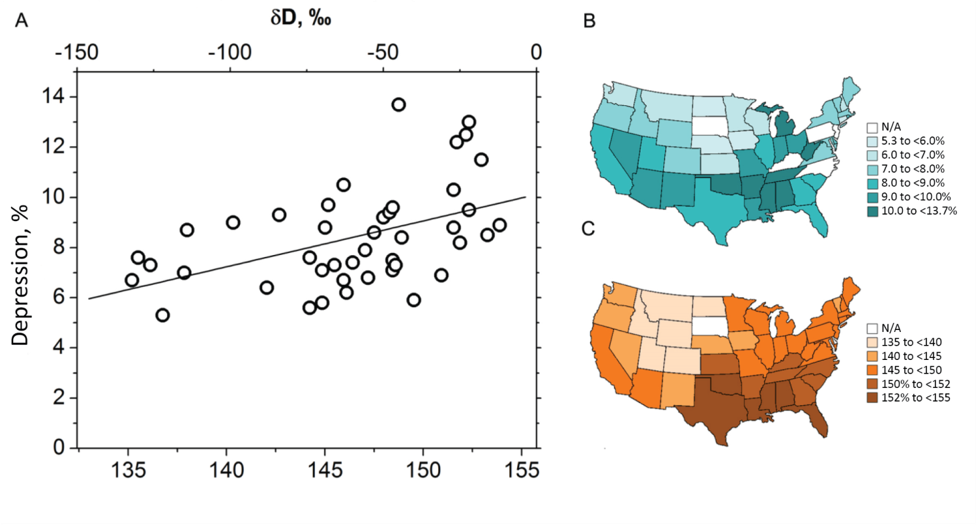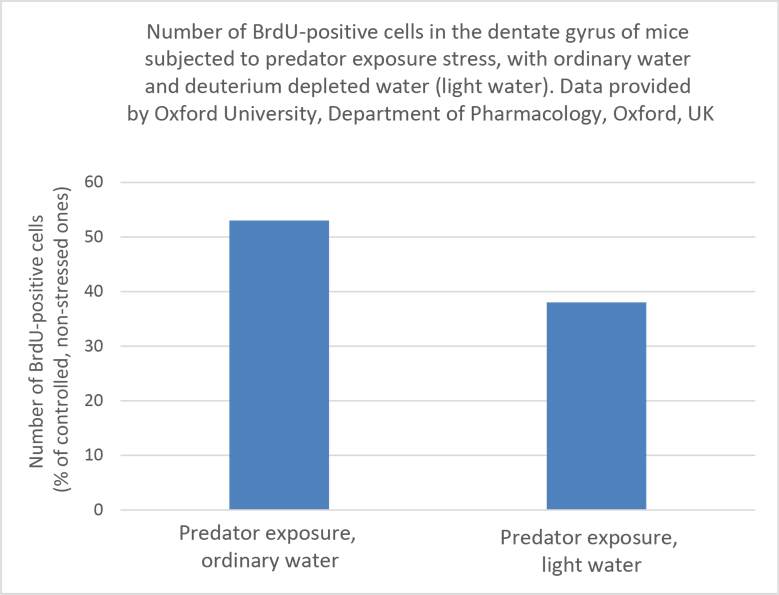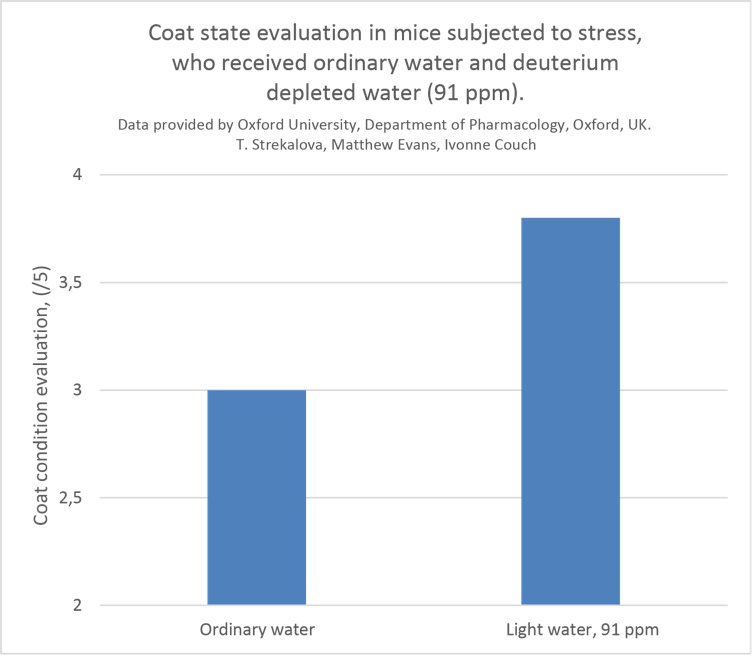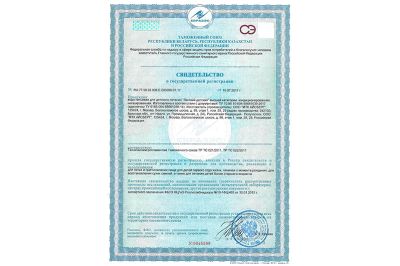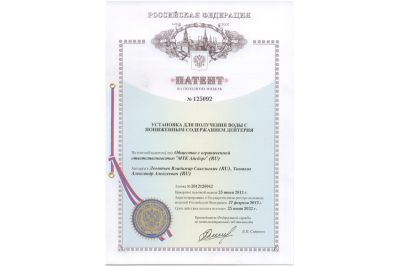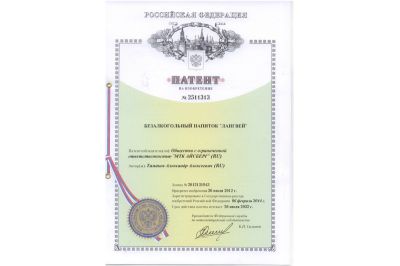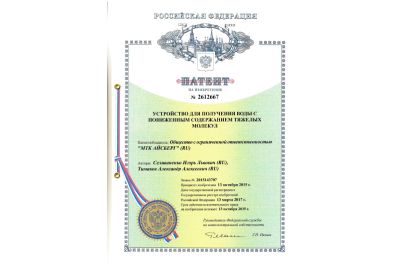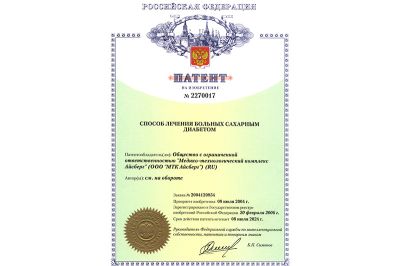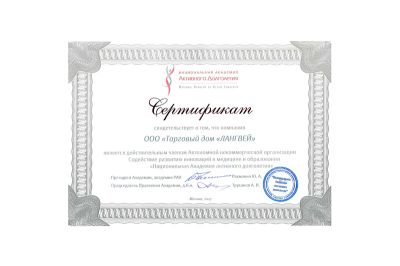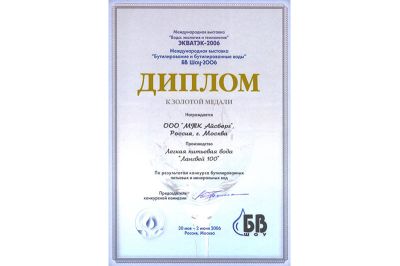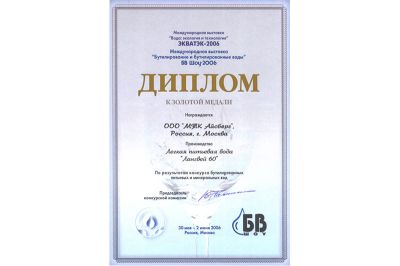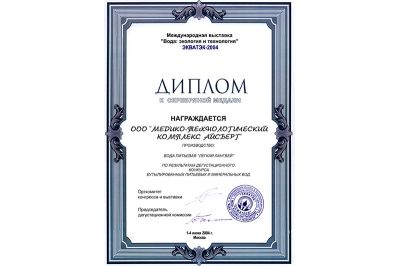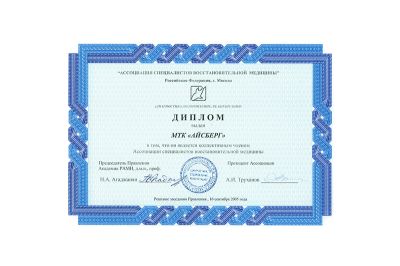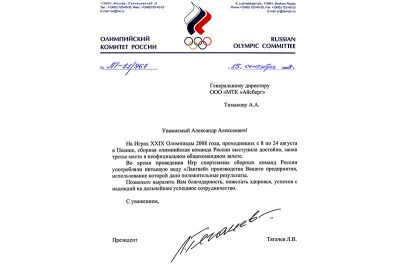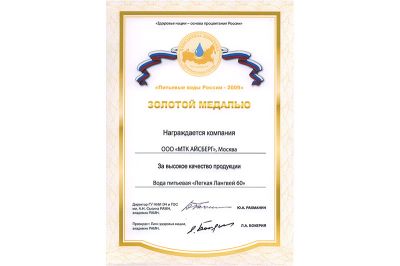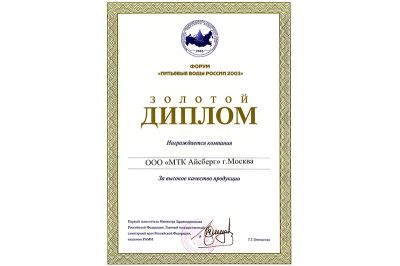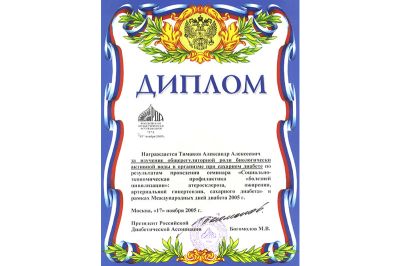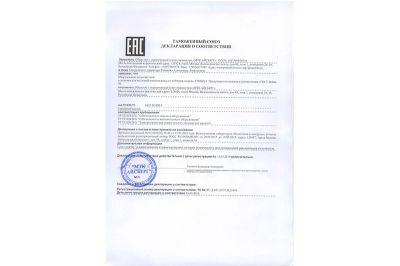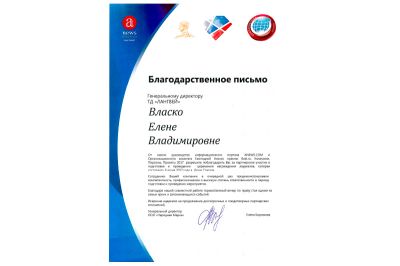Influence of deuterium depleted water on human immune system cells in health and disease A. G. Globa, A. A. Karelin, V. S. Demidova. State Institution - A. V. Vishnevsky Surgery Institute,Russian Academy of Medical Sciences, Moscow
In the present work, influence of deuterium depleted water (90 and 120 ppm) on certain functional properties of immune system cells – lymphocytes and neutrophils – was studied.
It is known, that spontaneous ruptures of DNA in cells are caused by a number of genotoxic factors. In such a case, integrity of DNA molecules is restored by DNA repairing systems. Recently, it has been reported that DNA single-strand breaks are the initial stage of apoptosis (programmed cell death)
This shows that water with reduced content of deuterium (120 ppm) either inhibits apoptosis or activates DNA repairing systems.
Further studies of DNA single-strand break levels in lymphocytes and neutrophils were performed in patients with infectious surgical complications of different grade of severity. Fourteen patients of both gender aged 25 to 68 with different types of surgical infection were examined mostly within the first 24 hours after hospitalization. For these purposes, peripheral blood was sampled.
As a reference, common physiological solution prepared with distilled water was used.
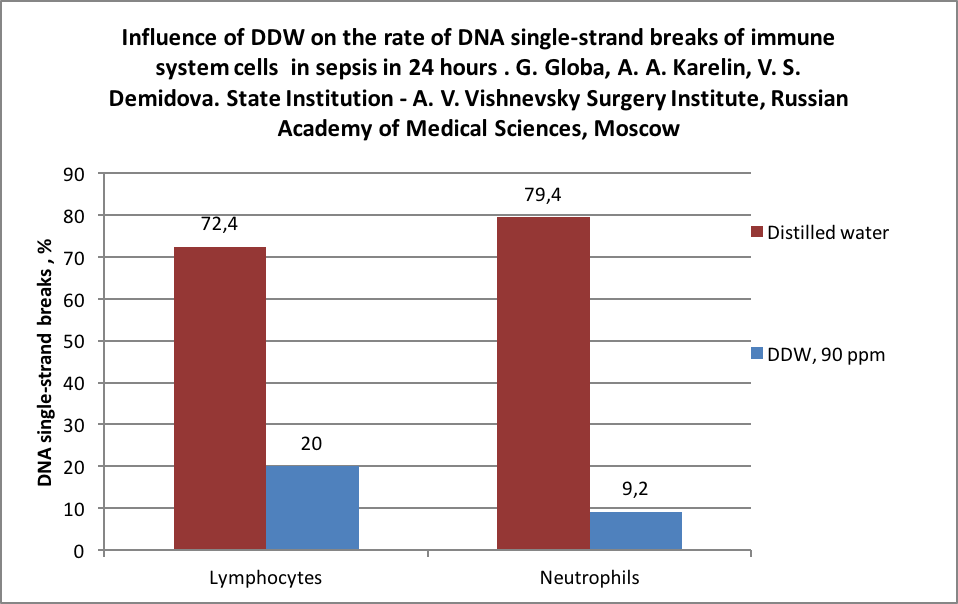
The obtained data serve as another proof of the fact that lighter water really activates cell reparation systems, thus preventing apoptosis. This opens prospects for light water administration in sepsis in order to prevent uncontrolled mass death of immune cells.
On the basis of the obtained results, it is possible to conclude that lighter water possesses immunocorrective properties, which in vitro partially prevents apoptosis of immune cells observed in SI, including sepsis, and normalizes decreased respiratory response of neutrophils.
On the basis of the obtained results, it is possible to conclude that lighter water possesses immunocorrective properties, which in vitro partially prevents apoptosis of immune cells observed in SI, including sepsis, and normalizes decreased respiratory response of neutrophils.











